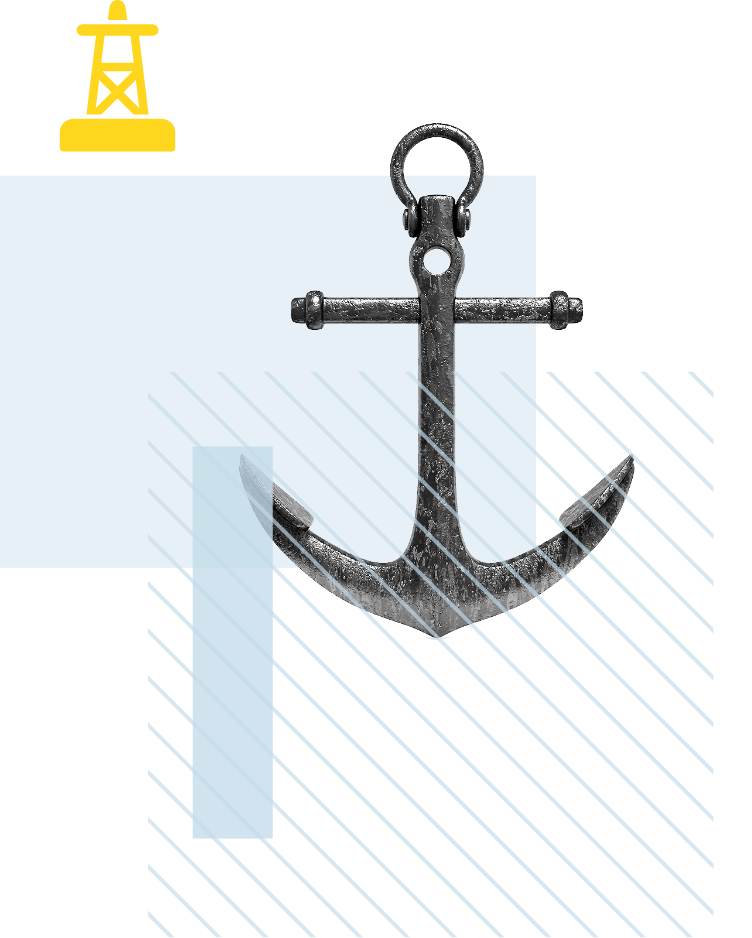Ship
Recycling
During the year 2021, the European list of approved ship recycling facilities did not change so much. The list still contains only EU and Turkish facilities and 1 facility in the US.
On 17 November 2021, the European Commission published a proposal for a new Regulation of the European Parliament and of the Council on shipments of waste[1] (Waste Shipment Regulation, WSR). It contains changes with regards to ship recycling. The main purpose of these changes is to align the EU’s legal regime on the export of end-of life ships with the EU’s international obligations stemming from the Basel Convention following the entry into force of the Basel Ban Amendment. The legal text proposal amends the current EU Ship Recycling Regulation (EU SRR) and EU WSR.
The Commission’s proposal clarifies that those EU-flagged ships which become waste[2] in the EU shall be subject to the relevant provisions of the WSR which implements the Basel Ban Amendment (i.e. an export ban outside the OECD). This means that EU flagged ships which become waste in the EU shall only be recycled at those facilities included in the EU list of ship recycling facilities which are located in the OECD. However, in all other aspects, the SRR will continue to be applicable to these ships.
On the other hand, EU-flagged ships which become waste outside the EU can go for recycling in any of the facilities included in the EU list, including in those approved facilities which are located in non-OECD countries (if any). Those vessels will need to comply with the EU SRR. However, it is not entirely clear to what extent these vessels would need to comply with the provisions of the EU WSR, should they call an EU port after it has been decided that they would go for recycling (or a non-EU port located in a (Transit) State which is party to the BC).
The proposal does not contribute further to the purpose of the EU SRR per se (as per EU SRR, art 1), which is to prevent, reduce, minimise and, to the extent practicable, eliminate accidents, injuries and other adverse effects on human health and the environment caused by ship recycling; nor does it facilitate the ratification of the Hong Kong International Convention for the Safe and Environmentally Sound Recycling of Ships, 2009 (‘the Hong Kong Convention’)”
In absence of the one global regime, the HKC, which has not yet entered into force due to a lack of sufficient ratifications by IMO States, the RBSA has been supportive of the regional EU regime, which could have facilitated the early entry into force of the HKC, should it have been inclusive.
Considering whether or not a non-EU ship recycling facility operates in a safe and environmentally sound manner, depending on the location of the commercial vessel itself, is not driven by the intent to prevent, reduce, minimise and, to the extent practicable, eliminate accidents, injuries and other adverse effects on human health and the environment caused by ship recycling, nor by the will to facilitate the ratification of the Hong Kong International Convention by EU and non-EU States. In addition, the current proposal creates more legal uncertainty and in-transparency for EU shipowners as well as for ship recycling facilities worldwide.
Shipowners, ship recycling facilities but most of all workers worldwide and the environment deserve a sustainable solution which can ensure the worldwide development of safe and environmentally sound ship recycling, and as such a ban on substandard recycling practices. When the EU instrument which was created to facilitate the HKC is delaying and even hampering its entry into force, conclusions should be drawn by the EU legislators and a critical evaluation of the regional instrument should be considered, as well as a re-focus on the one global regime, the Hong Kong Convention. Only the final entry into force of the HKC can ensure a global level playing field in such a way non-EU and EU shipowners and recycling facilities can compete against the same global sustainability criteria and substandard ship recycling facilities can be banned worldwide.
- https://ec.europa.eu/environment/publications/proposal-new-regulation-waste-shipments_en
- According to the EU WSR and the European Waste Framework Directive, “waste” means “any substance or object which the holder discards or intends or is required to discard”.

